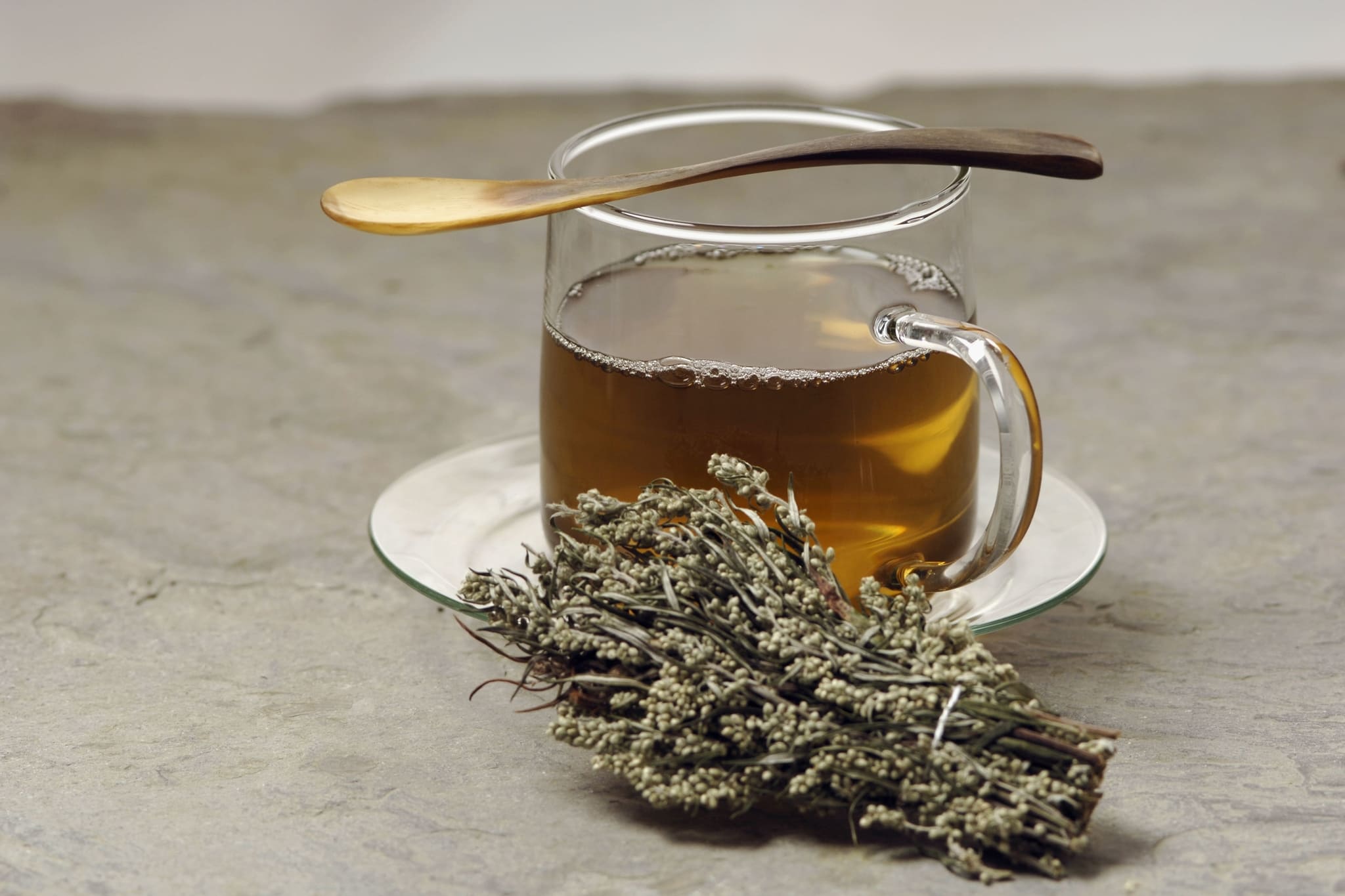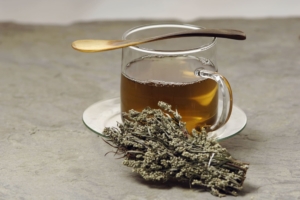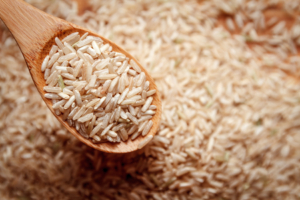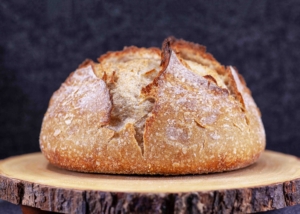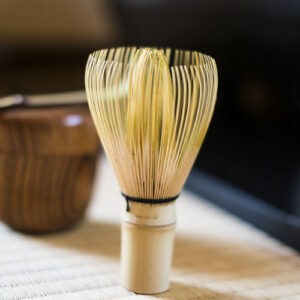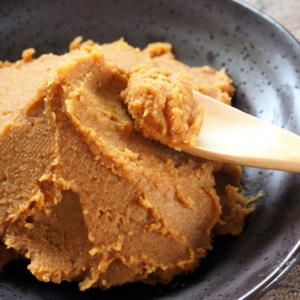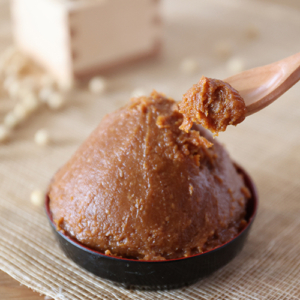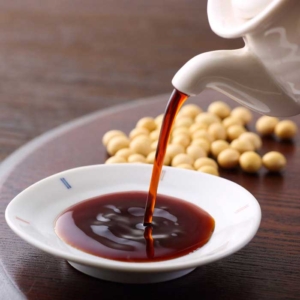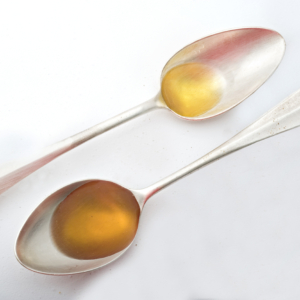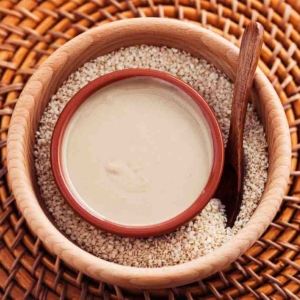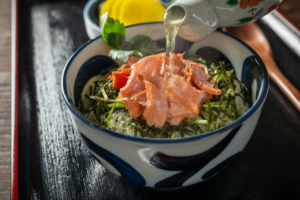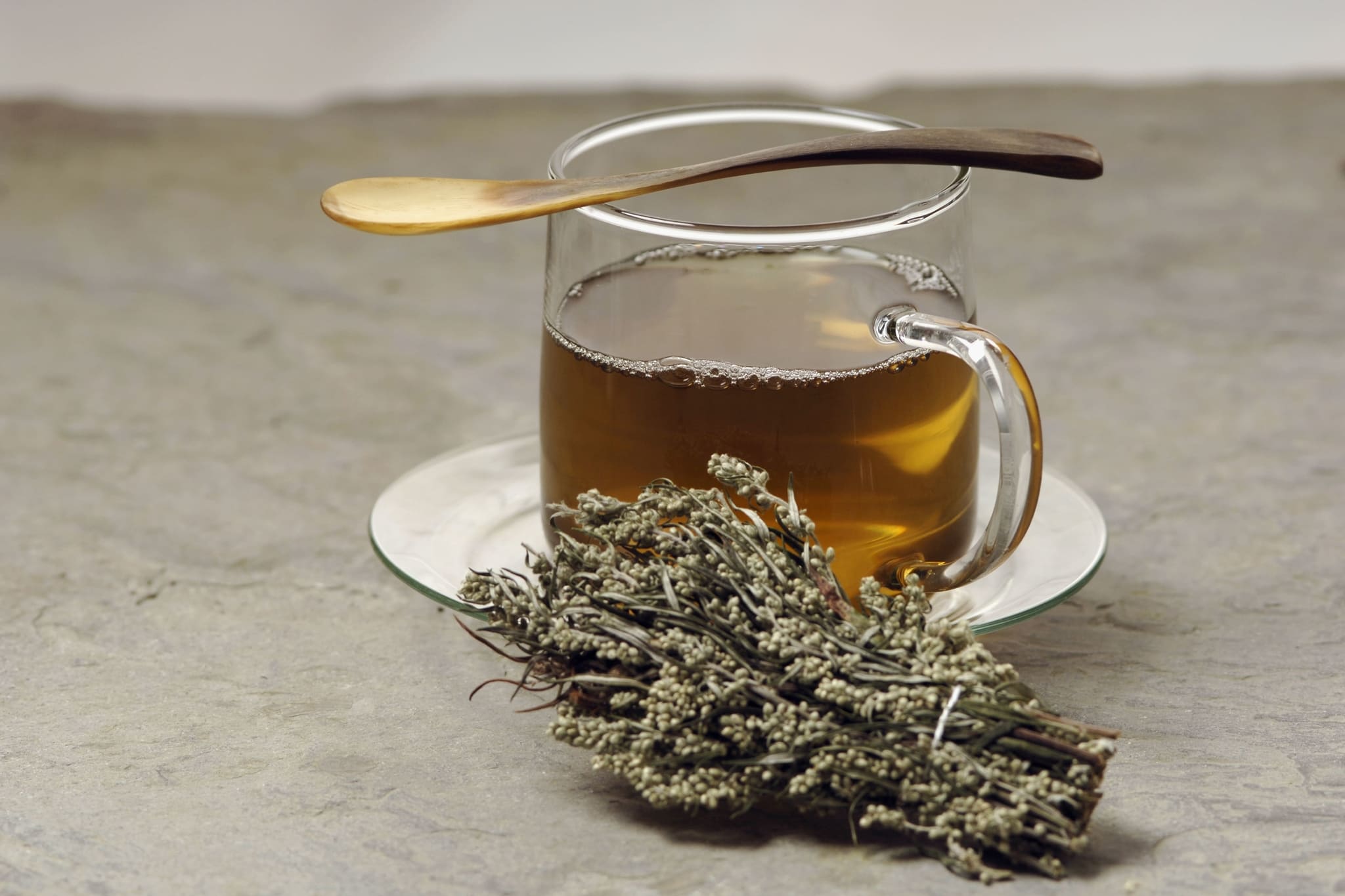
Mugwort is a traditional herb that has been used by people since a long time ago for various purposes from health conditions disorders to cuisine/drink making. Many people have seen mugwort and often mistook the herb plant as a weed because of its invasive habits. To give you an idea, you can make a relaxing tea with mugwort leaves as your main ingredient, like what the Japanese people usually do.
Keep reading to learn more about mugwort tea, including its potential health benefits, other uses, how to make, and some notable risks.
 Content List
Content List
- What is Mugwort Tea
- About Japanese Mugwort (Yomogi)
- What Does Mugwort Tea Taste Like?
- How to Brew Mugwort Tea?
- Recommended Mugwort Tea Intake per Day
- Mugwort Tea Benefits
- Are there any side effects?
- Other Uses of Mugwort Leaves
- Where to Buy Mugwort Tea & Mugwort Leaves
- Mugwort Tea FAQ
- Recommended Mugwort Tea Products
- Other Recommended Mugwort Products
What is Mugwort Tea?
Mugwort tea is a caffeine-free herbal infusion made from the leaves of the mugwort plant. Many types of mugwort leaves can be taken as the main ingredients for making tea. For example, the mugwort commonly used to make tea is Artemisia Vulgaris species or referred to as the “mother of mugwort” because it can easily be found all over the world, whether it’s in Europe, Asia, or even North America. However, there is a famous mugwort from East Asia called Artemisia Princeps, a species in the sunflower family that is native to China, Japan, and Korea.
About Japanese Mugwort (Yomogi)
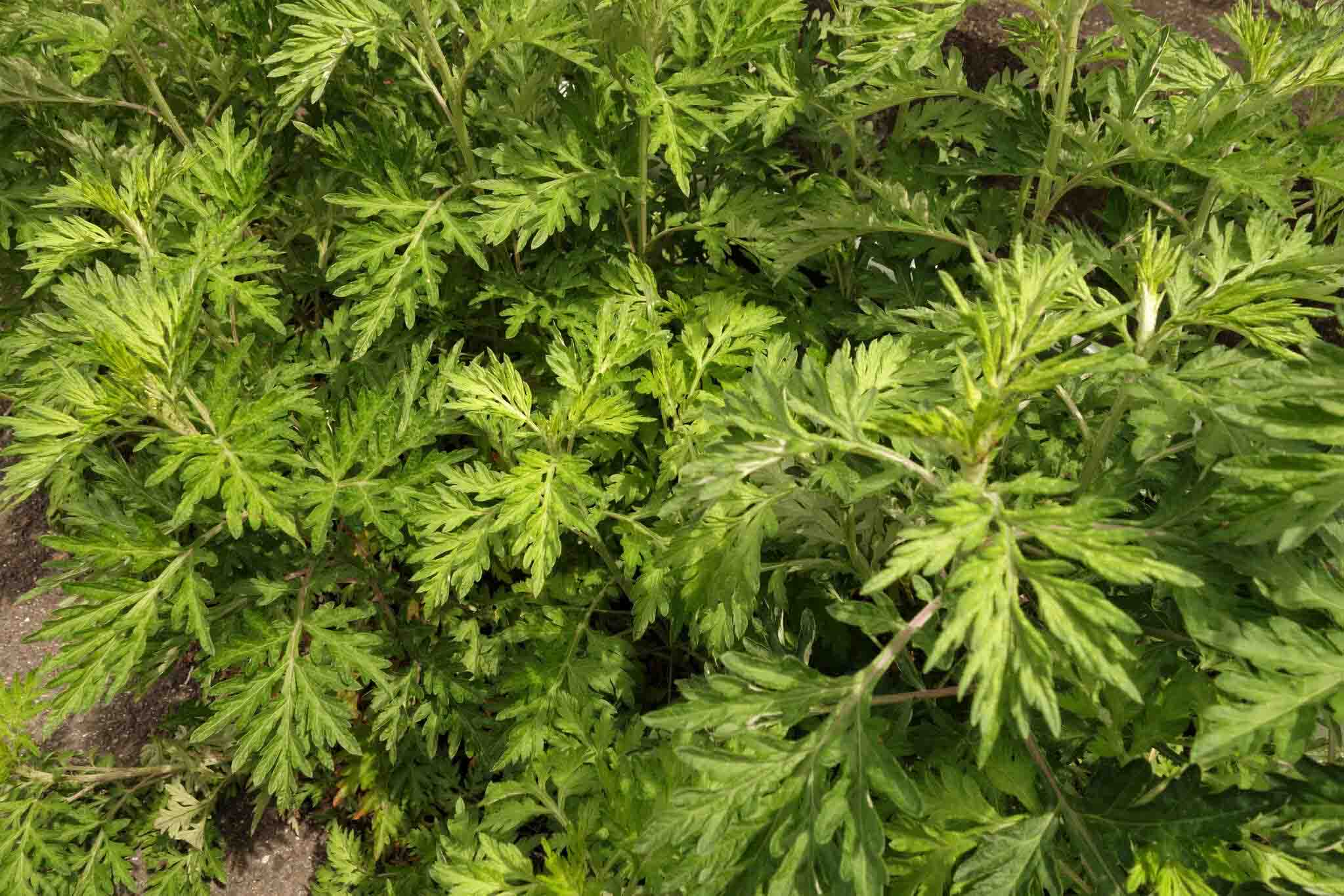
In Japan, this species is called Yomogi which means Japanese Mugwort. If we look how it’s written in Japanese, Yomogi “艾” means “to disappear”, which can be translated to “a leaf that can eliminate disorders within the body”. As the name implies, yomogi is a medicinal herb with plenty of health benefits. Besides chlorophyll and dietary fiber, it contains Vitamin A, B1, B2 and C, as well as minerals such as iron, calcium and phosphorus.
For this reason, if you truly understand the origin of this ancient plant, you can take advantage of its benefits and turn it into delicious food or beverage. Yomogi has its own folklore in Japan and has been mentioned in many legends. From the Legend of Kobo Daishi, It is said that yomogi has been incorporated into people’s lives since ancient times. Yomogi is often consumed for medicinal purposes by processing it foremost. Notably, you can make healthy tea from these leaves.
Tea is the most popular beverage in Japan and an important part of Japanese food culture, that’s why this mugwort tea has its own exclusivity in Japanese people’s eyes because of its healthy benefits and calming taste.
What Does Mugwort Tea Taste Like?
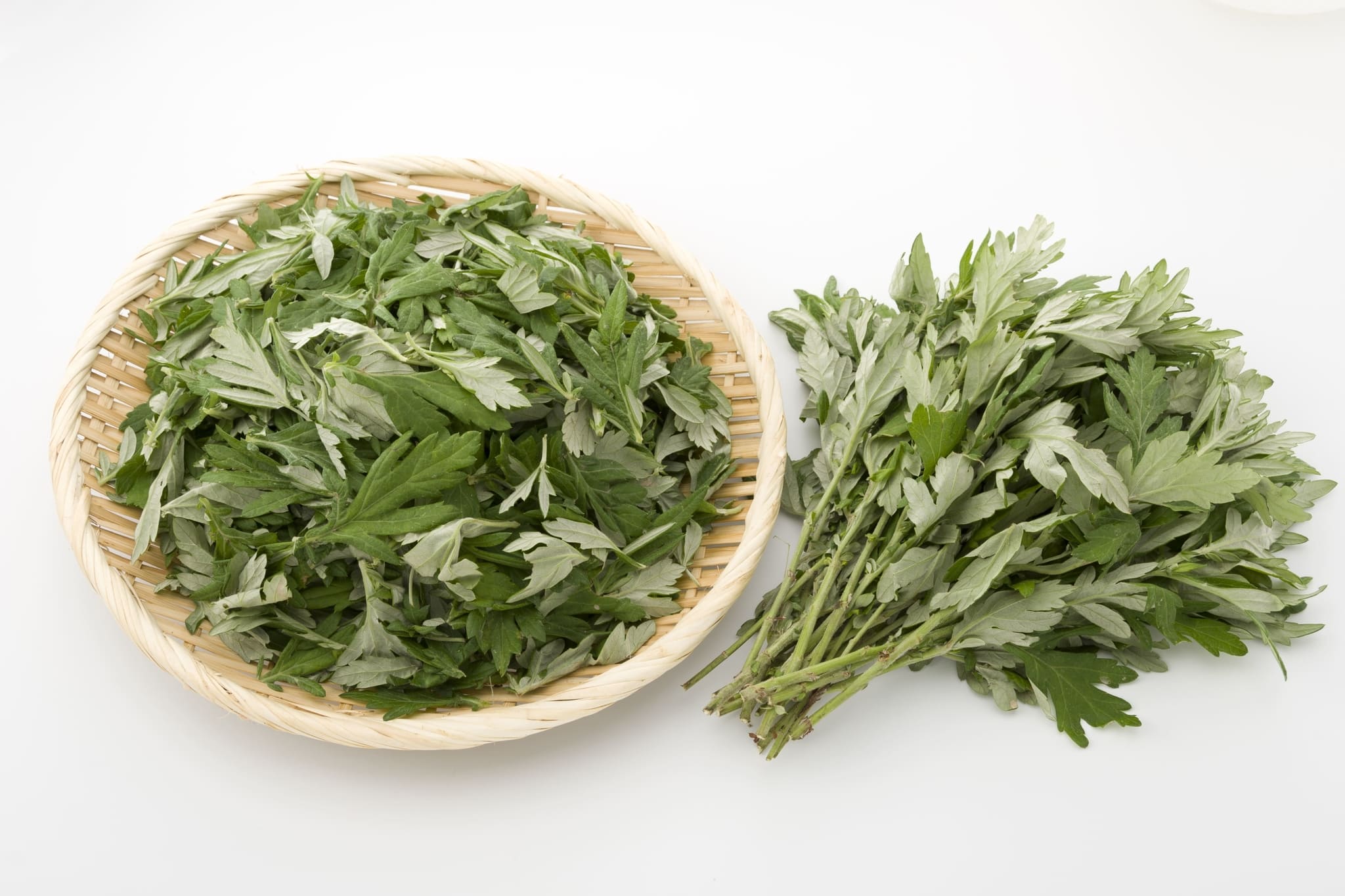
Mugwort is a very hardy plant, and its leaves have jagged edges and white fuzz on their undersides. From such a form, mugwort tea has a unique taste that contains a hint of bitterness and sweetness in the flavor. There is also a well-rounded flavor of subtle aniseed. Since the leaves contain cineole and other essential oils, it gives off a fresh, spring-like fragrance when you brew it.
How to Brew Mugwort Tea?
The easiest way to gain nutrition from mugwort is to make tea from it. There are two ways to brew mugwort tea:
1. Brewing in a kettle
2. Brewing in a teapot
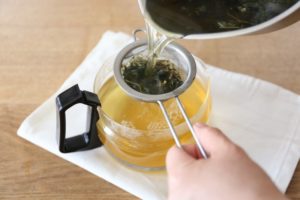
Mugwort Tea - Brewing In a Kettle
Ingredients
- 20 gram Dried Mugwort Leaves
- 3 L water
Instructions
- Put water and dried mugwort leaves in a pan and heat until it boils.
- When the water boils, simmer over low heat for 1 ~ 2 minutes.
- Turn off the heat and catch the leaves with a tea strainer.
- Your mugwort tea is ready!
Notes
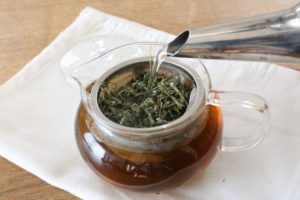
Mugwort Tea - Brewing In a Teapot
Ingredients
- 20 gram Dried Mugwort Leaves
- Hot water
Instructions
- Put the dried mugwort leaves in a teapot and pour boiling water.
- Leave it for about 3 ~ 4 minutes.
- When it reaches your darkness preference, then it is ready to serve!
Recommended Mugwort Tea Intake per Day
For the daily dosage of mugwort tea, you can drink it up to 3 ~ 4 times a day. It would be better if you drink on an empty stomach before meals because it will absorb well and can be expected to be more effective.
Don’t drink all at once, but drink diligently to avoid displeasing side effects.
Mugwort Tea Health Benefits
Mugwort exposes such a high ability to adapt to new habitats that they become invasive species in the environment, posing a significant threat to biodiversity. That’s why many people often consider them as a common weed which only spreads and takes over a large area aggressively, and destroys it eventually.
Nevertheless, we could appreciate yomogi more if we truly know what benefits lie within. Here are some of the health benefits you can get from mugwort tea:
#1 Solving Digestive Problem

Mugwort is considered a strong digestive herb, strengthening the appetite and alleviating bloating, gas, and other digestive complaints. The antifungal and antibacterial elements of the tea help treat stomach problems brought on by harmful bacteria. Therefore, If you ever feel like you are about to get constipation, you can drink mugwort tea and watch how your body reacts.
#2 Promoting Menstrual Cycle

Delayed menstruation or no menstrual cycle is also often treated with mugwort tea. The compounds in the tea help balance hormone levels and regulate irregular menstrual cycles.
However, pregnant women should avoid consuming mugwort tea because stimulating menstruation can lead to miscarriage and premature delivery.
#3 High with Antioxidant

Mugwort contains many ingredients with antioxidant and antimicrobial properties such as polyphenols. Polyphenols help to protect the skin against ultraviolet radiation and enhance the skin’s cell growth. Not only does it have a nice effect on skin-related problems, but it also helps to improve the condition of the body from the inside.
#4 Resolving Psychological Concern

Although there is no modern research that directly says so, the chlorophyll compounds contained in mugwort have a calming effect for people who consume it. So it might not be surprising if one of the benefits is related to helping reduce symptoms of sleep disorders due to insomnia, anxiety disorders, and fatigue. You can rely on the mugwort for your daily treatment regarding this problem.
Mugwort Tea Possible Side Effects
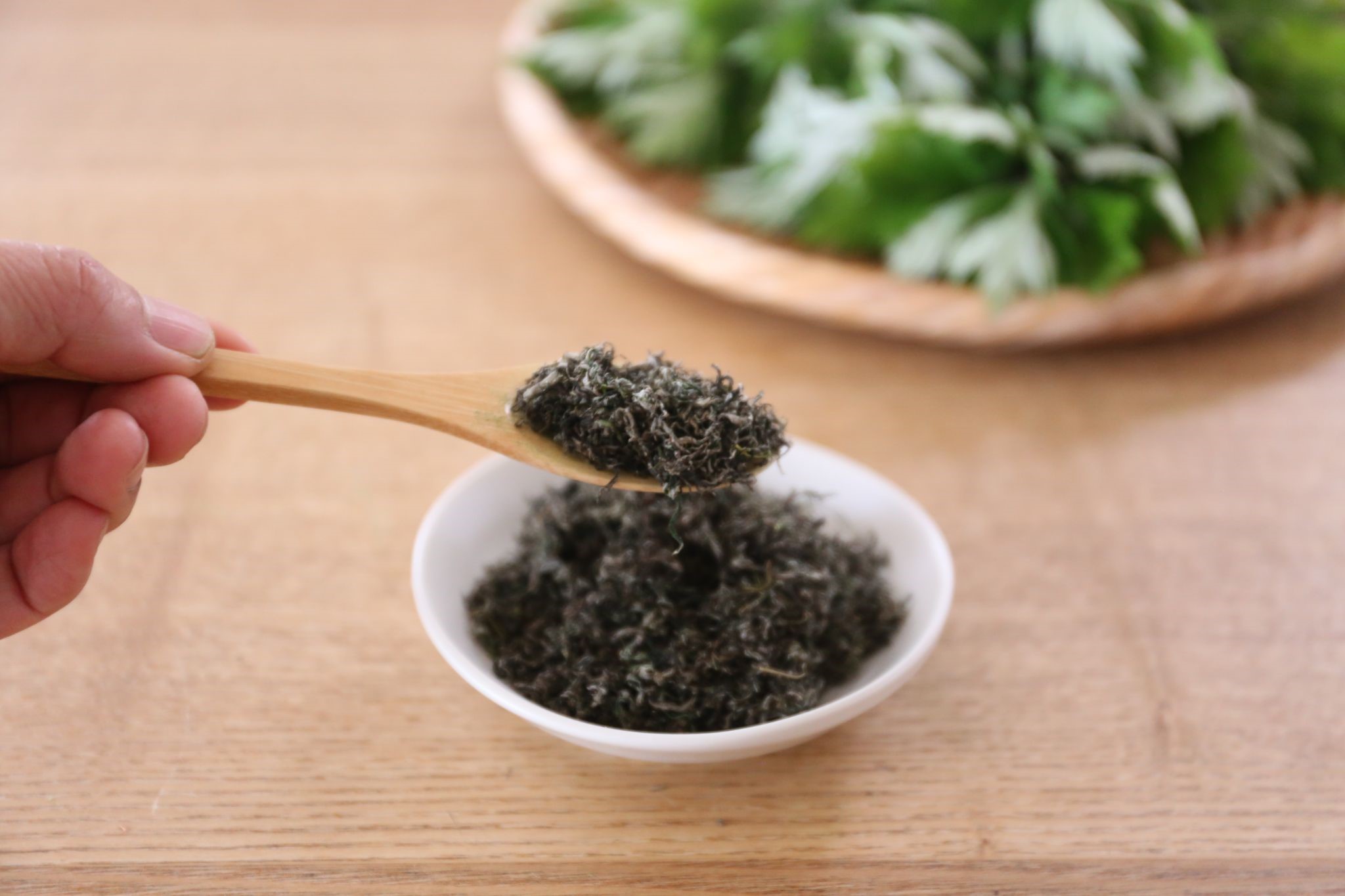
Mugwort contains thujone which can be toxic if consumed at high doses, so it may cause side effects for people who are sensitive to the active ingredients. People who are allergic to certain foods such as apples, peaches, celery, carrots, and sunflowers are probably allergic to mugwort. If you are allergic to any of these ingredients, we recommend you to use mugwort with caution because it may trigger an allergy.
Allergic symptoms to mugwort may include:
● Swelling of the lips, face, or eyes
● Tingling of the mouth
● Headaches
● Coughing
If you are experiencing allergy symptoms, we recommend you immediately stop consuming the herbs and contact the healthcare provider if the symptoms get worse. Mugwort also can cause uterine contractions and trigger menstruation. For this reason, the use of mugwort is not recommended for pregnant and lactating women.
Other Uses of Mugwort Leaves
Mugwort is an ancient herb that has been contributing to the health of many people since ancient times. Of course, apart from brewing them as tea, there are many ways that people use to process this plant. Here are other ways to use mugwort leaves:
For Making Japanese Sweets
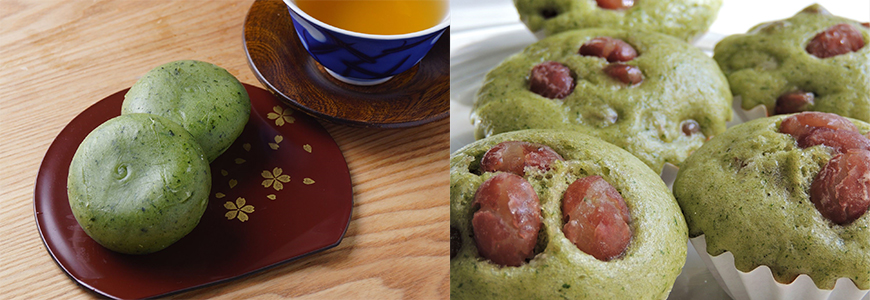
Besides making tea, mugwort is an essential ingredient of kusa mochi (rice cake with mugwort). It is characterized by its deep green color, delicate flavor, and typical sticky texture. Kusa mochi is usually served during springtime, at the Doll’s Festival in March. Mugwort also is an essential ingredient for other Japanese sweets as well, especially for giving the sweets their green color and flavor, mugwort is suitable for the task.
You can check the recipes for kusa mochi and mugwort cookies on this page.
For Your Better Relaxation and Radiant Skin

It’s also common in Japan to use mugwort for Bath Tea. Cineole and other essential oils in mugwort can give you the effect of mind-calming and bacteria repelling. The refreshing and soothing spring-like fragrance of mugwort also makes you feel using aromatherapy in a Japanese hot spring (onsen). It’s very useful to relieve tension in your mind and body.
Check our mugwort bath tea product for your better relaxation on this page.
For Moxibustion Needs (Chinese Traditional Medicine)
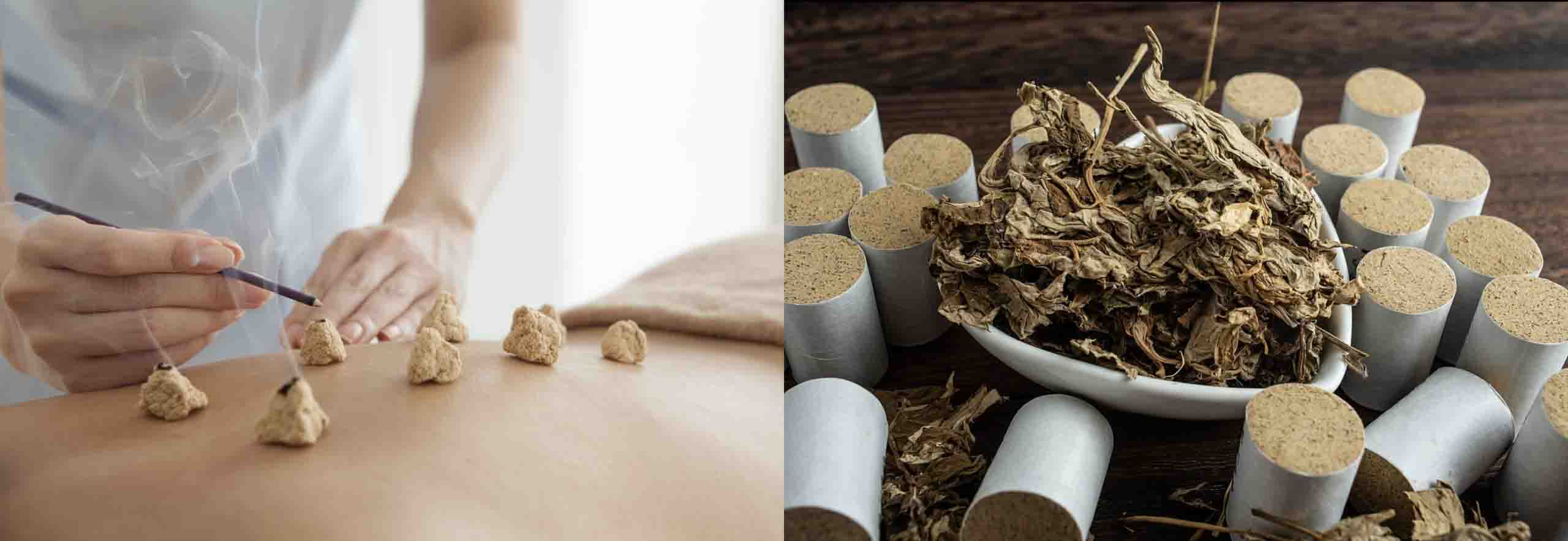
In addition, In traditional Chinese Medicine, mugwort has been used in the practice of moxibustion for about 3.000 years. Kerry Boyle MS, LAc, licensed acupuncturist with Acupuncture in Vermont, says that moxibustion involves burning the herb over a specific part of the body to help nourish and bring warmth or dryness to the body. When combined with acupuncture, it is known that moxibustion may result in fewer cesarean births.
Where to Buy Mugwort Tea & Mugwort Leaves?
If you are outside of Japan, you can buy mugwort tea at a store that deals with herbs. Probably, the species processed by the tea leaves is Artemisia vulgaris because this species is a “common mugwort” that can be easily found everywhere.
In Japan, shopping for tea is relatively easy because you can find tea products everywhere, be it in regular department stores or supermarkets, considering that Japanese people tend to consume tea daily. The species of mugwort you can find in Japan is Artemisia Princeps or Japanese mugwort/yomogi which is the native mugwort of Japan.
If you are interested in trying the tea made from mugwort leaves, especially Japanese mugwort, we have some recommended products that you can look at here.
Mugwort Tea FAQ
- What is mugwort tea?
- Mugwort tea is a caffeine-free herbal infusion made from the leaves of the mugwort plant. Since it’s made from a plant that contains a lot of nutrition and healthy benefits, surely this has caught a lot of attention. Mugwort tea usually enjoyed as an everyday tea here in Japan.
- What does mugwort tea do for you?
-
The mugwort tea you drink is rich in chlorophyll, dietary fiber, various types of minerals, and vitamins (B1, B2, C, and others) so that mugwort tea can provide many health benefits for the good of your body.
Mugwort tea can help overcome various digestive problems, promote menstrual flow, and give a feeling of relaxation due to the taste and fragrance it imparts. In addition, mugwort is also rich in antioxidants so it can maintain your endurance and keep your skin well hydrated.
- Is it safe to drink mugwort tea?
-
Yes, obviously. Mugwort is a traditional herb that contains a lot of health benefits. In addition, we use non-caffeine & pesticide-free mugwort here, so you can consume it without any worries.
However, there are some things to consider before you drink mugwort tea. If you are one of the people who have the celery-carrot-mugwort-spice syndrome and experience some of the allergy symptoms mentioned here, we advise you to stop consuming. In addition, we do not recommend the consumption of mugwort tea in pregnant women.
- What are the side effects of drinking mugwort tea?
- If you have celery-carrot-mugwort-spice syndrome, you may be experiencing some allergy. It depends on how your body reacts to the mugwort that enters your body, whether a mild or severe allergy. Nevertheless, you can consume mugwort tea and gain an abundance of nutrition from it if you don’t have a problem with allergies.
- When should I drink mugwort tea?
- You can consume mugwort tea at any time, whether it’s for breakfast, a snack during the day, or for relaxation at night. But we recommend you to drink it diligently, to avoid overdose at one time. The recommended intake is about 3 ~ 4 glasses/day.
- Can you put sugar in mugwort tea?
- Why not! There are so many ways to enjoy mugwort tea. If sweetness is your preference, you can add some sugar or honey to make your drinking experience more enjoyable. You even can enjoy it with some ice cubes added, and turn it into a cold drink. Just adjust it until it meets your liking, don’t worry about the taste because it will blend nicely!
Recommended Mugwort Tea Products
Other Recommended Mugwort Products

